Battery Technology
-

The Evolution of Lithium-Ion Batteries Because of Electric Vehicles
Lithium-ion batteries have revolutionized electric vehicles, driving advancements in range, efficiency, and adoption. Their energy density, ranging from 1……Read more -

Understanding the Impact of Full Charging on Lithium Battery Life
Charging lithium-ion batteries to full capacity may seem practical, but it can have unintended consequences. The tolerance to full charge of lithium batte……Read more -
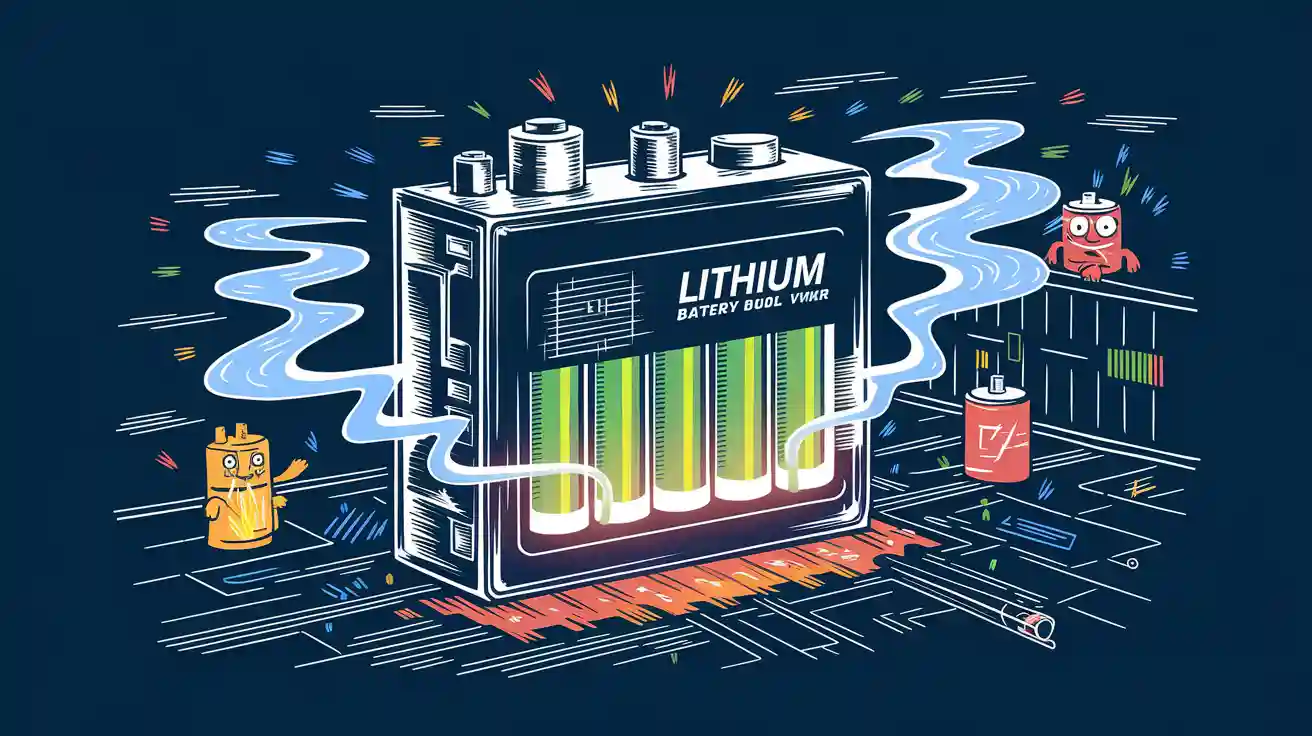
Understanding High-Discharge Lithium Batteries
High-discharge lithium batteries are engineered to deliver exceptional current output, meeting the rigorous demands of modern industries. You rely on thes……Read more -

Lithium-Sulfur: The Silent Revolution in Batteries
Lithium-sulfur (LSB) batteries deliver groundbreaking innovation in high-efficiency energy storage battery systems. You gain access to superior energy den……Read more -

AI-Driven BMS Trends to Watch in the Lithium Battery Industry
AI is revolutionizing the way you manage lithium-ion batteries, making them safer, more efficient, and sustainable. By leveraging AI-driven BMS of lithium……Read more -
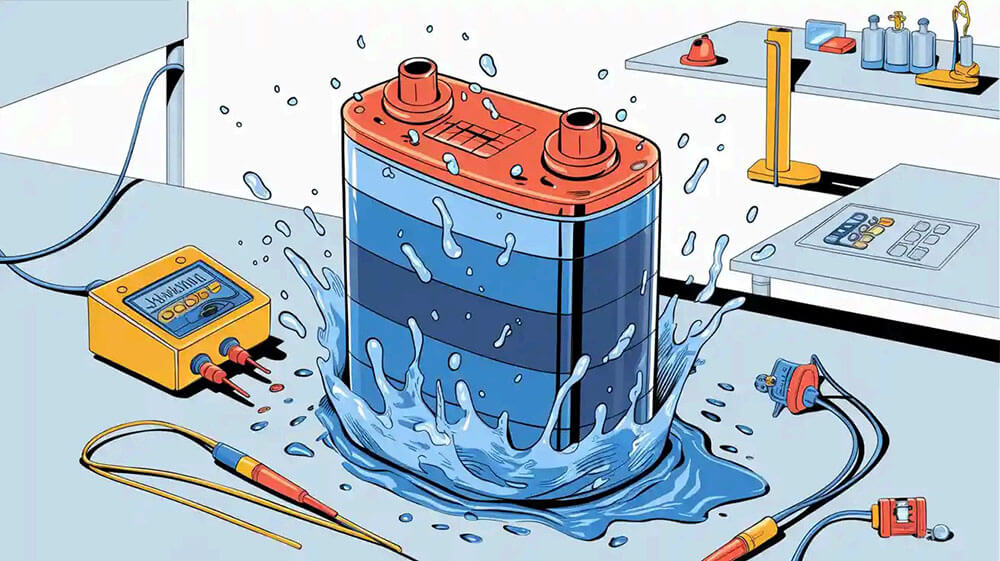
How to Perform Waterproofing Tests for Lithium Batteries
The waterproofing test of lithium battery ensures that these batteries remain safe and functional when exposed to water. This testing is crucial for lithi……Read more -
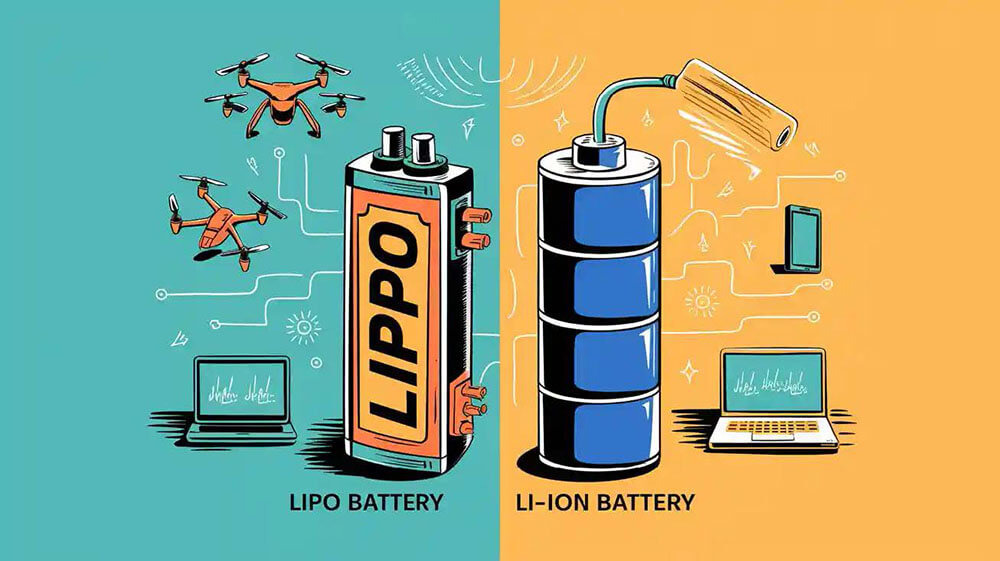
Understanding the Key Differences Between LiPo and Li-ion Batteries
Choosing between LiPo and Li-ion batteries requires a clear understanding of their differences. Li-ion batteries offer higher energy density, making them ……Read more -
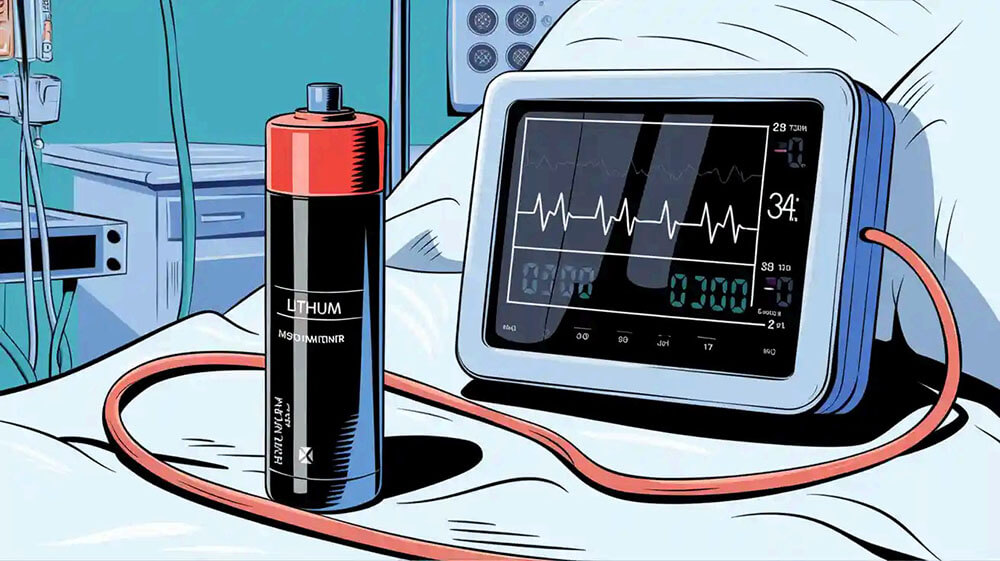
Understanding Lithium Battery Options for Patient Monitors
Patient monitors and lithium battery technology form a vital partnership in modern healthcare. When selecting lithium batteries for patient monitors, it&#……Read more -

Why Lithium-ion Batteries Outperform Traditional Batteries
Lithium-ion batteries are better than older batteries. They store more energy, reaching up to 200Wh/kg in some types. Older lead-acid batteries store much……Read more -
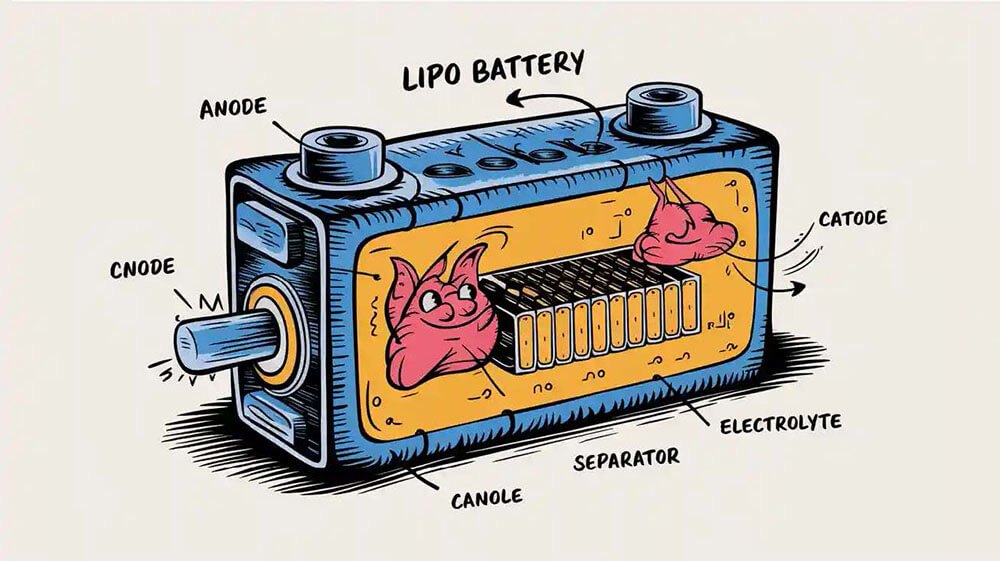
Understanding the Internal Components of a LiPo Battery
The performance of a LiPo battery is heavily influenced by its internal components of LiPo battery, which include the anode, cathode, separator, electroly……Read more -
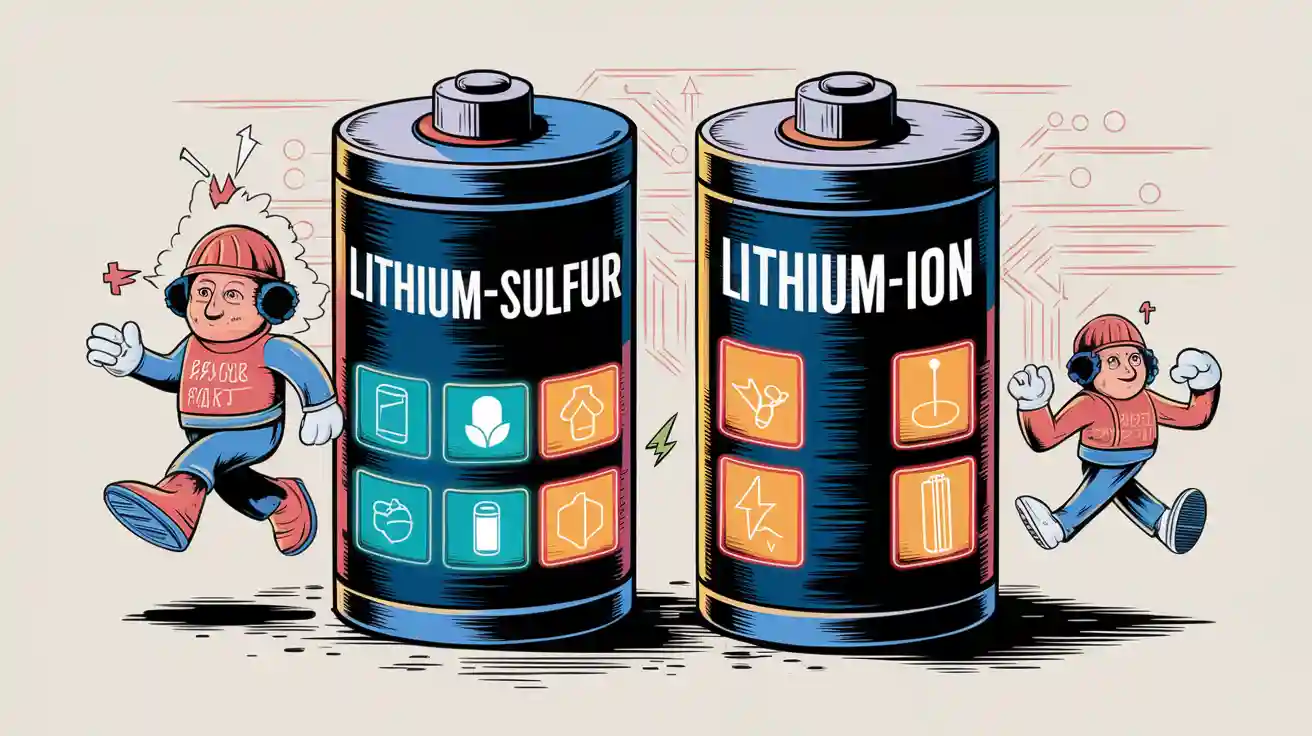
Lithium-Sulfur Batteries vs Lithium-Ion: Key Features Compared
Understanding the distinctions between lithium-sulfur batteries and lithium-ion batteries is essential for selecting the right solution for your industria……Read more -

How Lithium is Mined for Sustainable Energy Systems
Lithium plays a vital role in powering modern energy systems, from LiFePO4 Lithium batteries to NMC Lithium batteries. Its significance is reflected in th……Read more



